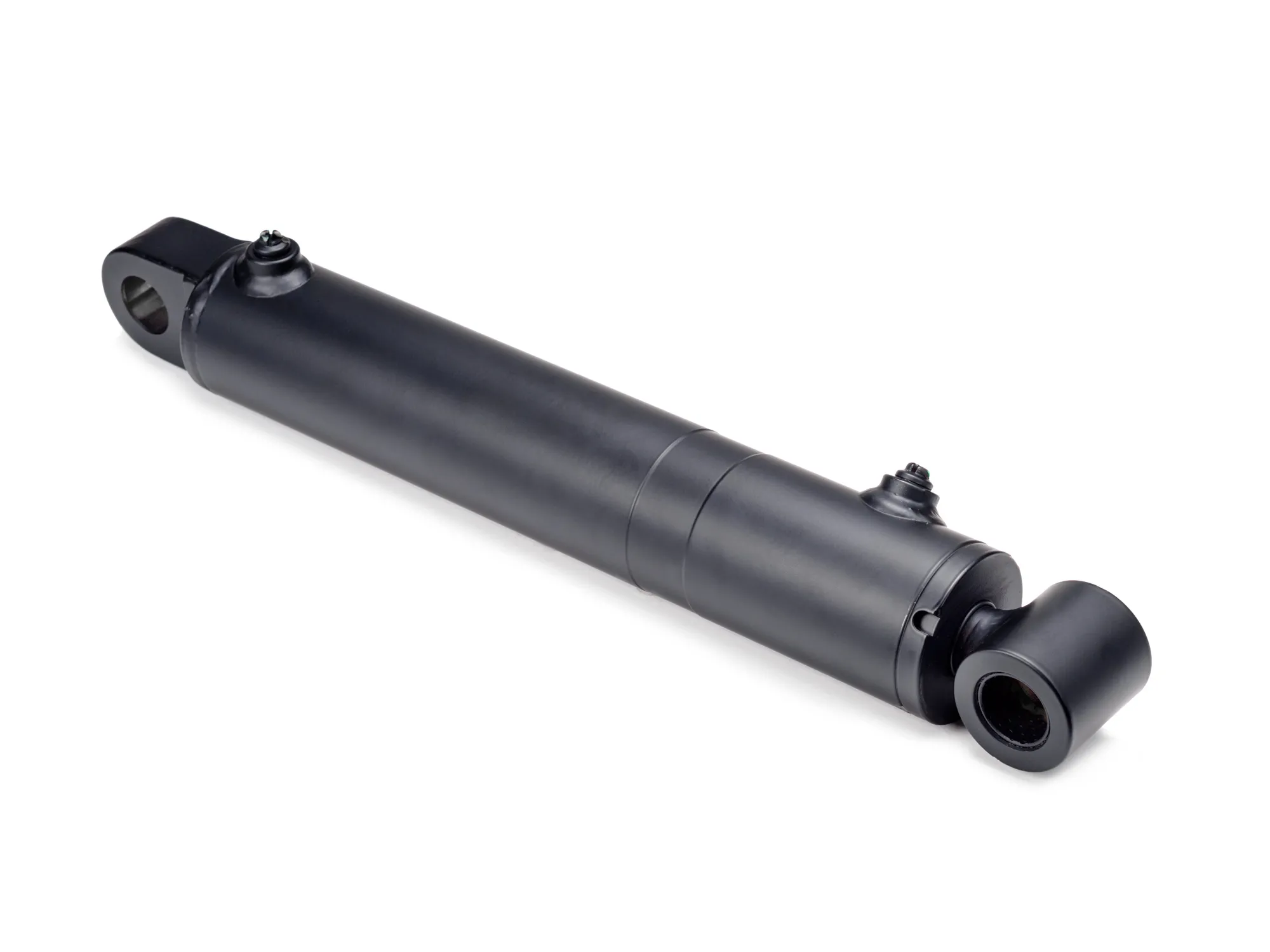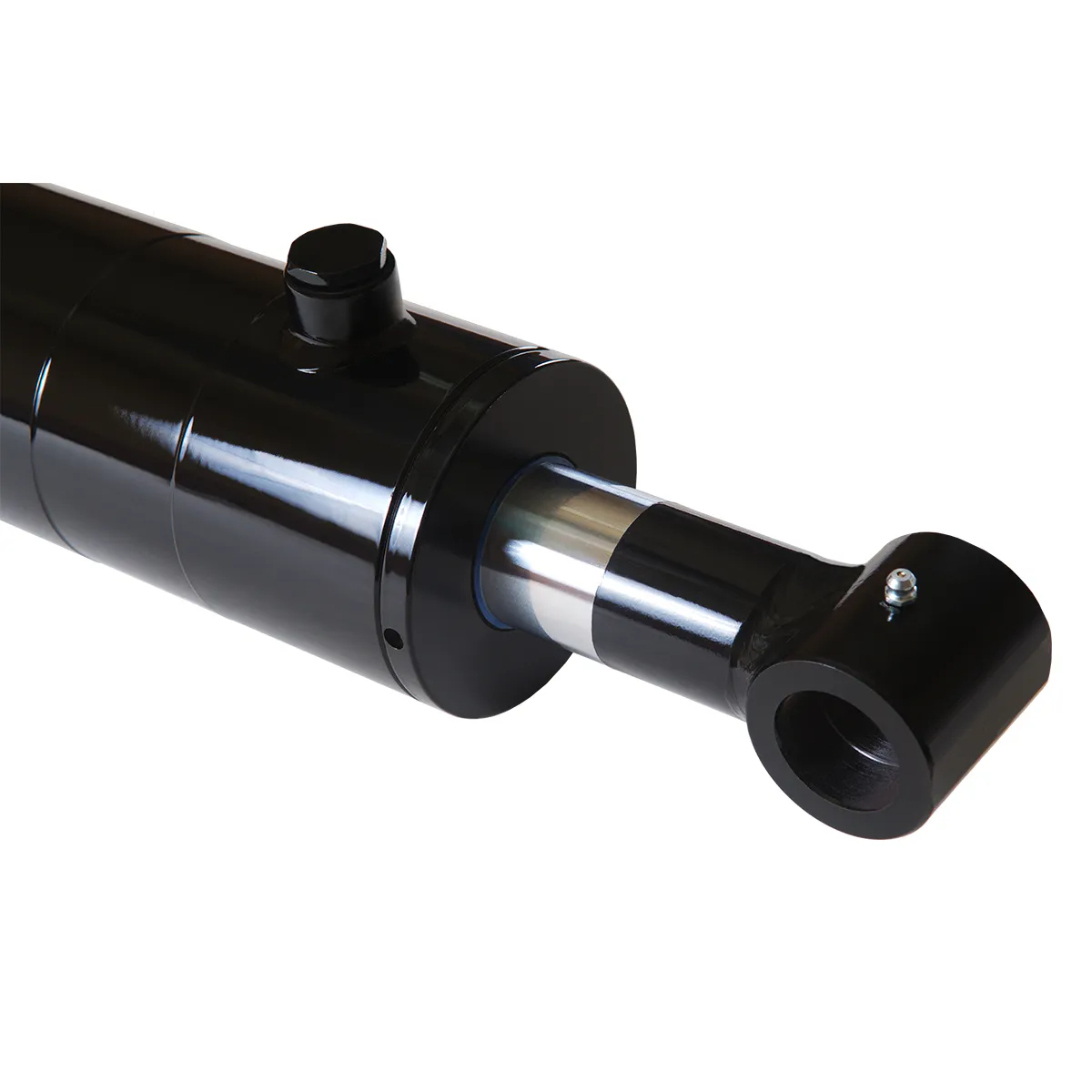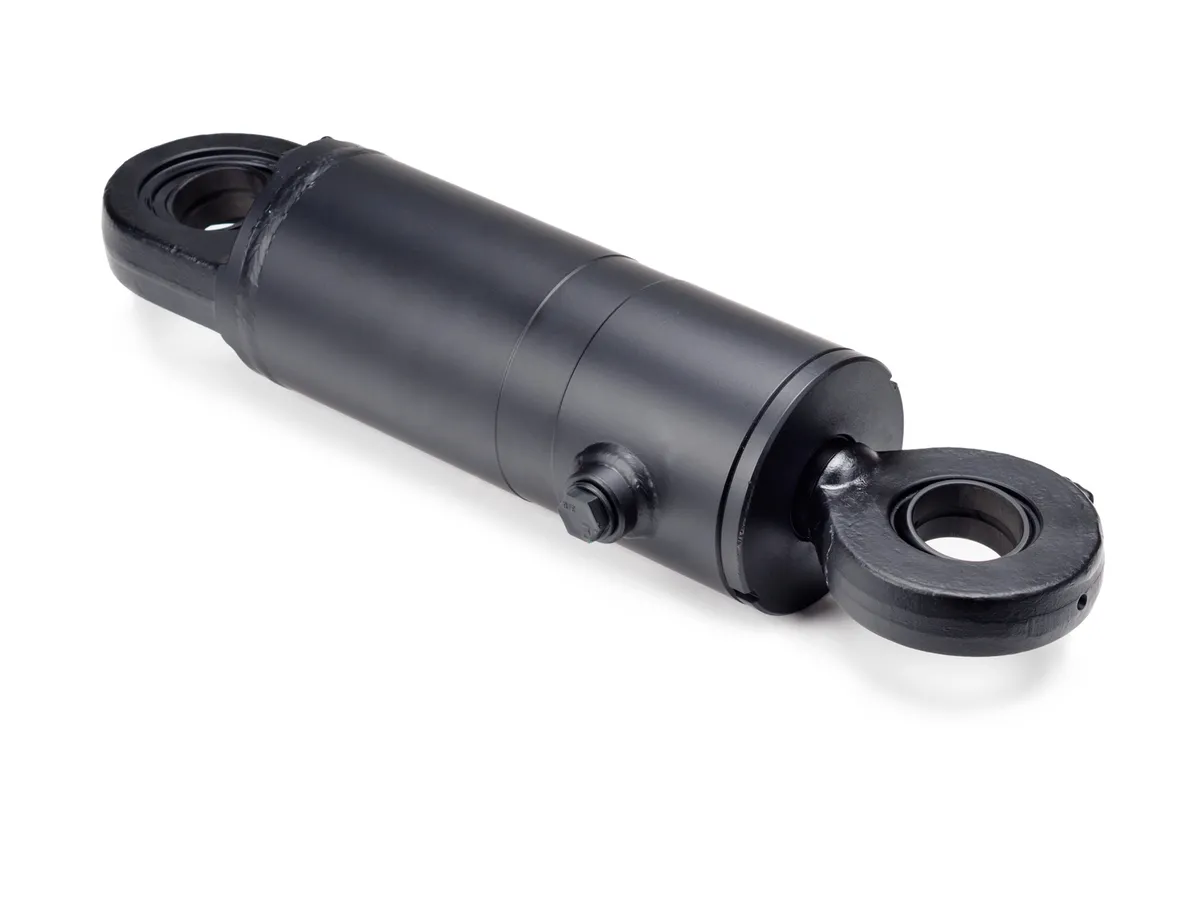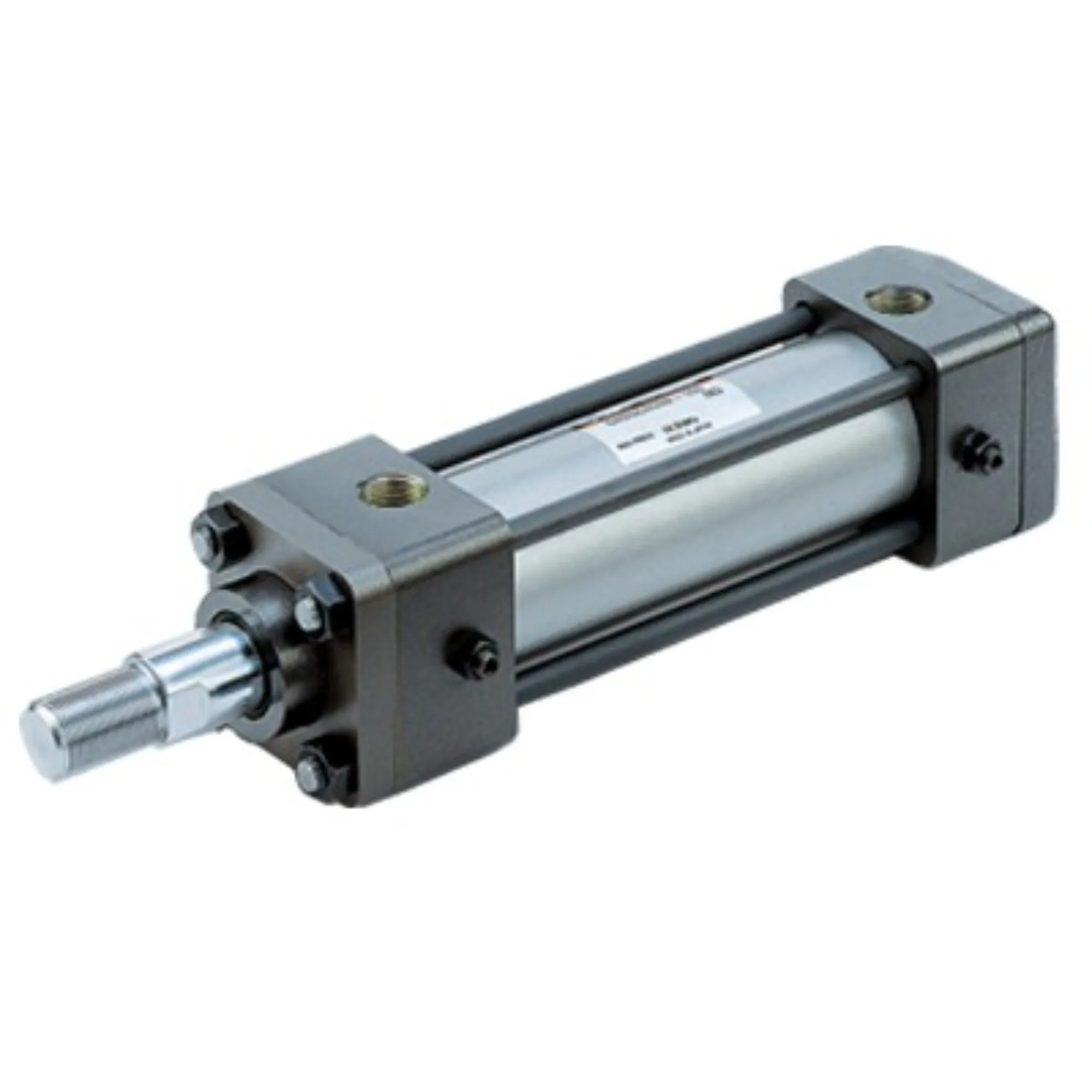Understanding Steel Welded Hydraulic Cylinders
Introduction
Steel welded hydraulic cylinders are essential components in hydraulic systems, providing the necessary force for various industrial applications. These cylinders are known for their strength, durability, and cost-effectiveness, making them ideal for heavy-duty industrial use.
Design and Construction

Welded Process
Common welded processes for steel hydraulic cylinders include MIG, TIG, SAW, and laser welding. Each process has its impact on the final product, affecting factors such as strength and precision.
Materials
Various types of steel are used for hydraulic cylinders, including carbon steel, alloy steel, and stainless steel. The choice of material depends on factors such as working conditions, pressure requirements, and corrosion resistance.
Working Principle
The working principle of steel welded hydraulic cylinders involves liquid transfer force, piston movement, workload distribution, sealing systems, and pressure release mechanisms. These components work together to ensure efficient operation within hydraulic systems.
Types and Configurations
Steel welded hydraulic cylinders come in various types and configurations, including single-acting, double-acting, and telescopic cylinders. Each type serves a specific purpose and is designed to meet different industrial requirements.
Advantages

Some advantages of steel welded hydraulic cylinders include high strength, durability, corrosion resistance, thermal conductivity, and environmental friendliness. These features make them suitable for demanding industrial applications.
Performance Characteristics

Steel welded hydraulic cylinders can withstand high working pressures, provide rated force output, have long service lives, and require regular maintenance for optimal performance. Understanding these characteristics is crucial for efficient operation.
Applications
Steel welded hydraulic cylinders are widely used in industries such as construction, industrial machinery, agriculture, material handling, military, defense, aerospace, and marine applications. Their versatility makes them essential components in various machinery and equipment.
Design Considerations
When selecting steel welded hydraulic cylinders, factors such as bearing capacity, sealing, durability, safety, and maintainability should be taken into account. These considerations ensure the proper functioning and longevity of the cylinders.
Sealing and Lubrication
Proper sealing and lubrication of steel welded hydraulic cylinders are essential for preventing leaks and ensuring smooth operation. Using quality seals and lubricants, along with regular maintenance, can extend the life of the cylinders.
Maintenance and Repair
Regular inspection and preventive maintenance are crucial for the longevity of steel welded hydraulic cylinders. Following proper maintenance procedures and addressing issues promptly can prevent costly repairs and downtime.
Installation Guide
Correct installation of steel welded hydraulic cylinders is critical for their performance and safety. Following installation guidelines and ensuring proper alignment and connections are essential steps for optimal operation.
Maintenance Tasks
Common maintenance tasks for steel welded hydraulic cylinders include regular inspection, proper lubrication, seal replacement, and calibration checks. These tasks help prevent issues and extend the service life of the cylinders.
Safety Considerations
When using steel welded hydraulic cylinders, safety measures should be prioritized to prevent accidents and injuries. Following safety guidelines and regular maintenance can ensure safe operation in industrial settings.
Fault Diagnosis
Identifying common problems and faults in steel welded hydraulic cylinders is essential for timely repairs and maintenance. Understanding potential issues and troubleshooting techniques can help maintain optimal performance.
FAQs
1. Welded processes such as MIG, TIG, SAW, and laser welding are typically used for steel hydraulic cylinders to ensure precision and strength.
2. Steel welded cylinders are heavier and stronger than aluminum cylinders, making them ideal for heavy-duty industrial applications.
3. Steel welded hydraulic cylinders are used in various industries, including construction, agriculture, material handling, and defense, due to their durability and versatility.
Long Tail Keywords
1. Heavy-Duty Steel Hydraulic Cylinders for Industrial Use: These cylinders are designed for demanding industrial applications that require strength and reliability.
2. Durable Steel Welded Hydraulic Cylinders: With high-quality materials and precision welding, these cylinders offer long-lasting performance in industrial settings.
3. Cost-Effective Steel Hydraulic Cylinder Solutions: Steel welded cylinders provide a cost-efficient solution for heavy-duty hydraulic applications, ensuring reliable operation.
Company Overview
Our company specializes in manufacturing hydraulic cylinder replacements, offering a comprehensive product line for various industrial needs. With professional services, international certifications, and customized solutions, we are a trusted supplier in the domestic and international markets.

Author: lyl
